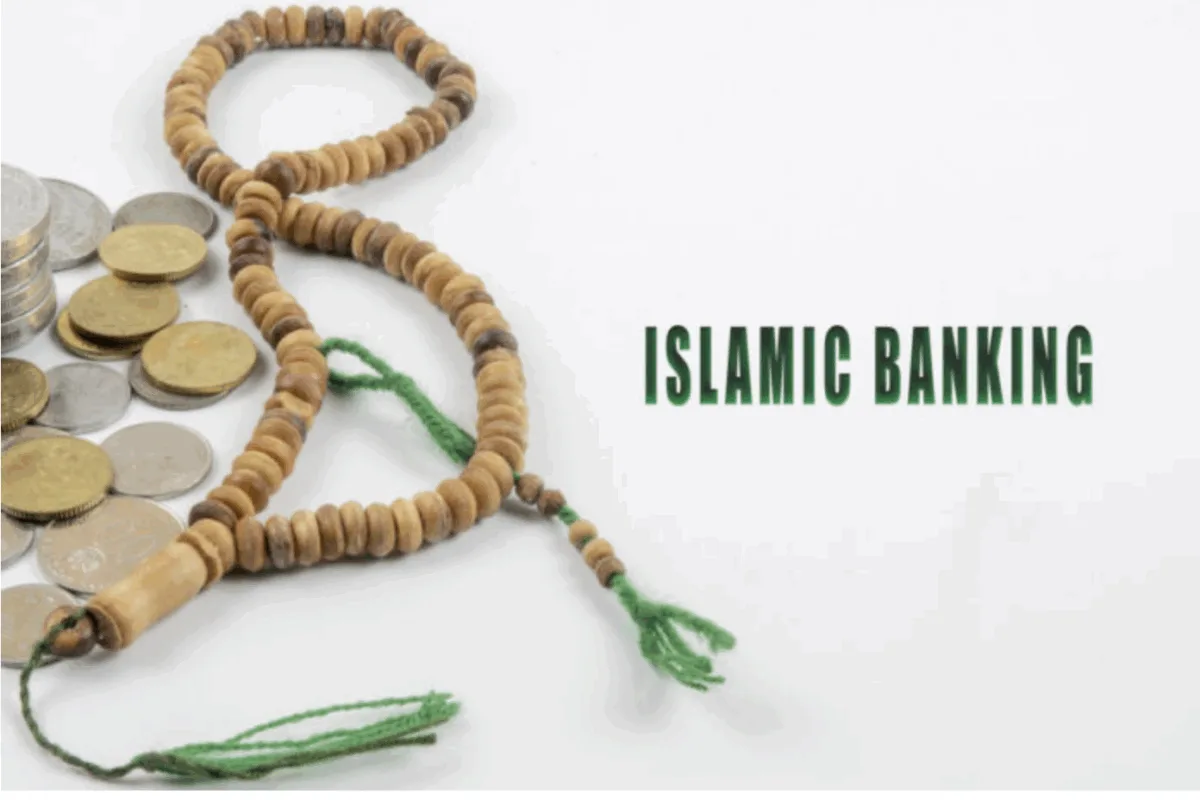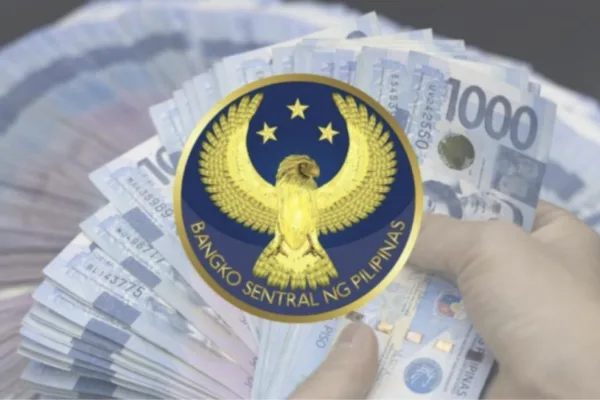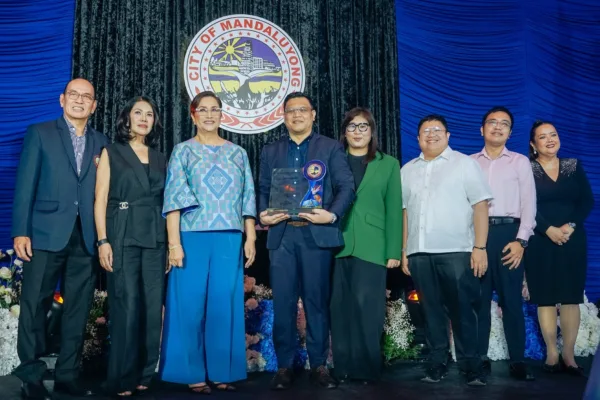The Bangko Sentral ng Pilipinas (BSP) has taken a definitive step toward expanding Islamic banking in the Philippines by amending its regulatory framework for Islamic Banking Units (IBUs) under conventional banks.
Through Circular No. 1219, the BSP aims to remove barriers to entry, simplify compliance requirements, and align local practices with global standards for Shari’ah-compliant finance.
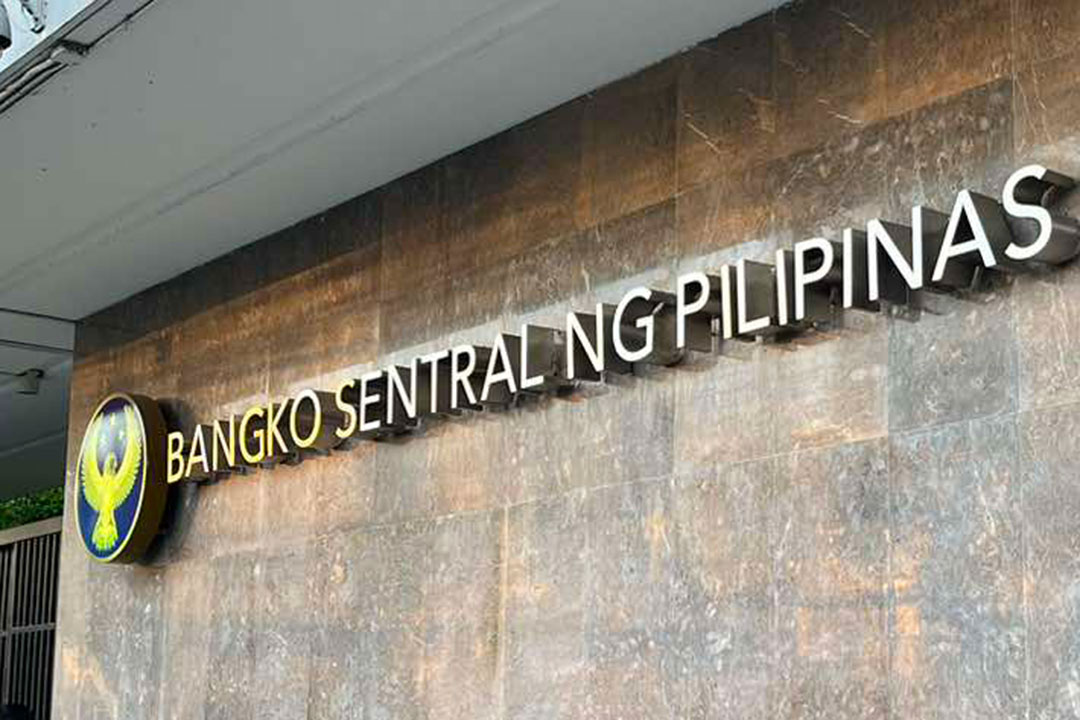
This move is more than just a technical update — it signals the BSP’s growing commitment to inclusive finance and innovation. With the country currently home to only one full-fledged Islamic bank, the new regulatory environment paves the way for more players to enter the market, bringing with them fresh competition and a wider range of financial products that cater to both Muslim and non-Muslim consumers.
The amendments come at a time when interest in ethical and Shari’ah-compliant banking is increasing across the region. By relaxing requirements for conventional banks to establish Islamic banking windows, the BSP hopes to attract both domestic and foreign investors and position the Philippines as a rising participant in the global Islamic finance ecosystem.
BSP: Easing the path for new Islamic banking units
Circular No. 1219 introduces several key reforms designed to make it easier for conventional banks to operate Islamic banking windows. One of the most significant changes is the removal of the requirement for IBUs to maintain a separate capital base from their parent bank. Instead, the capital requirement of the parent institution now applies to its IBU, reducing redundancy and lowering entry costs.

The BSP also revised processing fees to align with the parent bank’s category, eliminating cost disparities that previously discouraged conventional banks from setting up IBUs. Furthermore, IBUs are now allowed to integrate their liquidity reporting into the bank-wide liquidity reports of their parent institutions. This move simplifies administrative work and ensures more consistent financial oversight.
Another noteworthy change is the introduction of a three-year observation period for newly established IBUs. This gives banks time to familiarize themselves with prudential and regulatory reporting standards while ensuring compliance and operational readiness. The BSP also clarified that Shari’ah-compliant financial instruments—such as sukuk, or Islamic bonds—can now qualify as high-quality liquid assets, provided they meet certain prudential criteria.

These updates collectively represent a major stride in the BSP’s broader vision of creating an enabling environment for diverse banking models. By easing operational and reporting burdens, the central bank aims to make Islamic banking a viable and competitive alternative within the country’s financial ecosystem.
Catalyst for growth and financial inclusion
The revised framework holds significant potential to reshape the landscape of Islamic banking in the Philippines. By lowering entry barriers, more conventional banks are expected to establish IBUs, expanding the range of Shari’ah-compliant financial products available in the market. This diversification not only increases competition but also benefits consumers through more accessible and inclusive financial solutions.
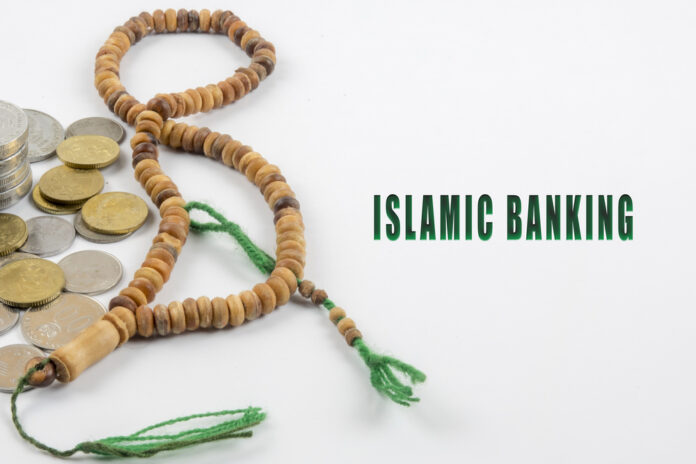
Islamic banking’s emphasis on ethical investing and risk-sharing can appeal to a broad segment of the population, not just those seeking faith-based financial options. As products like profit-sharing investment accounts, murabahah (cost-plus financing), and takaful (Islamic insurance) become more widely available, consumers will gain more choices that align with their values and financial goals.
Importantly, the growth of Islamic banking can also contribute to greater financial inclusion in underserved regions such as the Bangsamoro Autonomous Region in Muslim Mindanao (BARMM), where demand for Shari’ah-compliant products is naturally higher. Increased access to financing in these communities can support local entrepreneurship, economic empowerment, and poverty reduction.
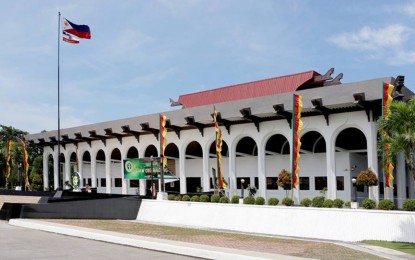
The inclusion of sukuk instruments as eligible high-quality liquid assets also opens a new channel for both public and private investment. As the Philippines continues to explore the issuance of sovereign and corporate sukuk, this development could deepen the local capital market, attract foreign investors, and align the country more closely with the rapidly expanding global Islamic finance industry.
Opportunities and challenges ahead
While the BSP’s reforms have created a more inviting environment, several challenges remain for the Islamic banking sector to fully take off. One major hurdle is the establishment of robust Shari’ah governance frameworks within banks. Each institution must create a dedicated Shari’ah advisory board to oversee product development and ensure compliance with Islamic principles. This requires not only financial expertise but also deep knowledge of Islamic jurisprudence.
The availability of skilled professionals in Islamic finance is still limited in the Philippines, and building capacity in this area will take time. Banks will need to invest in training programs, partnerships with international institutions, and technology systems tailored to Shari’ah-compliant operations.
Another challenge lies in public awareness. Many Filipinos remain unfamiliar with the core principles and benefits of Islamic banking, which differ from traditional interest-based systems. Concepts such as profit-loss sharing or non-interest financing require clear communication to gain customer trust. Without effective education and marketing initiatives, even the most well-designed Islamic financial products may struggle to find widespread adoption.

Nonetheless, the opportunities far outweigh the obstacles. The Philippines’ growing middle class, its strategic location in Southeast Asia, and its active financial technology ecosystem create fertile ground for innovation in Islamic finance. Digital banking platforms can play a crucial role in delivering Shari’ah-compliant products efficiently, especially in regions with limited access to physical banking infrastructure.
If executed well, Islamic banking can serve as a bridge between faith-based values and modern financial inclusion goals. It can empower communities historically excluded from formal finance, support micro, small, and medium enterprises (MSMEs), and attract new investment from countries with mature Islamic finance markets.
Charting the next phase of Islamic finance in the Philippines
The BSP’s amendments to the Islamic banking framework mark a transformative step for the Philippine financial sector. By lowering structural barriers, simplifying regulatory requirements, and recognizing sukuk as eligible liquid assets, the central bank is laying the groundwork for a more inclusive and globally aligned financial ecosystem.
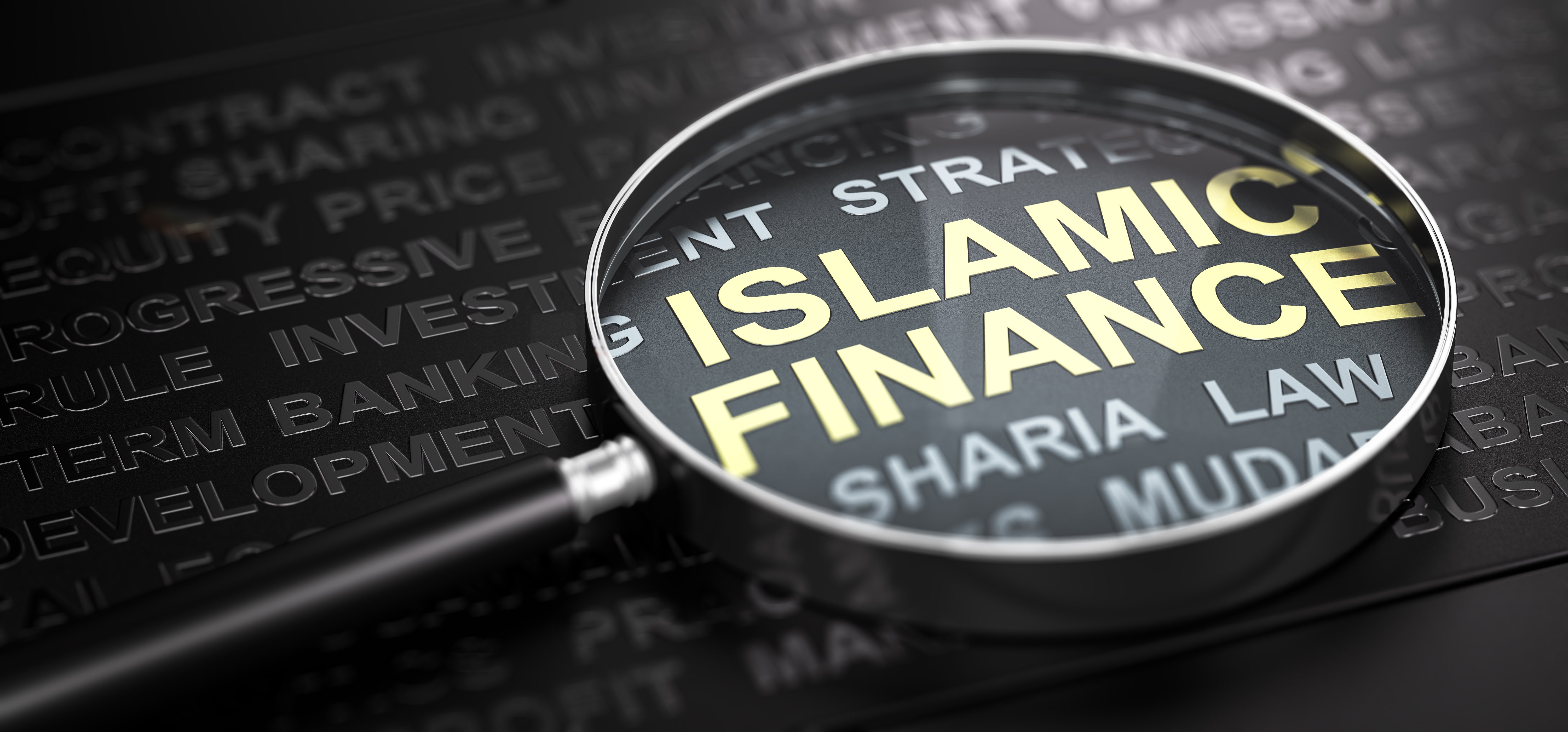
However, achieving meaningful growth in Islamic banking will require sustained collaboration between regulators, financial institutions, and the private sector. Stakeholders must work together to build expertise, develop innovative financial products, and educate consumers about the value and principles of Islamic finance.
With the right combination of regulatory support, market participation, and public awareness, the Philippines has the potential to emerge as a new frontier for Islamic finance in Southeast Asia. Beyond serving a niche demographic, Islamic banking can become a pillar of sustainable development—one that upholds ethical principles, fosters inclusion, and fuels innovation across the nation’s financial landscape.
As the BSP opens the doors wider, the challenge now lies in how the industry steps through them. The next few years will determine whether Islamic banking in the Philippines evolves into a vibrant, mainstream sector or remains an untapped opportunity.
What’s clear is that the foundation has been set — and the path forward has never been more promising.




